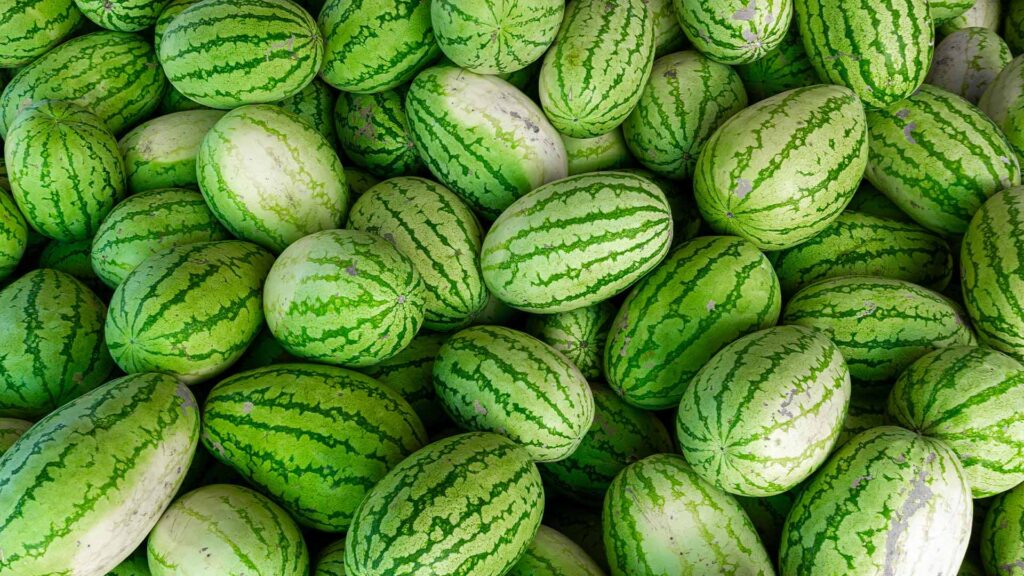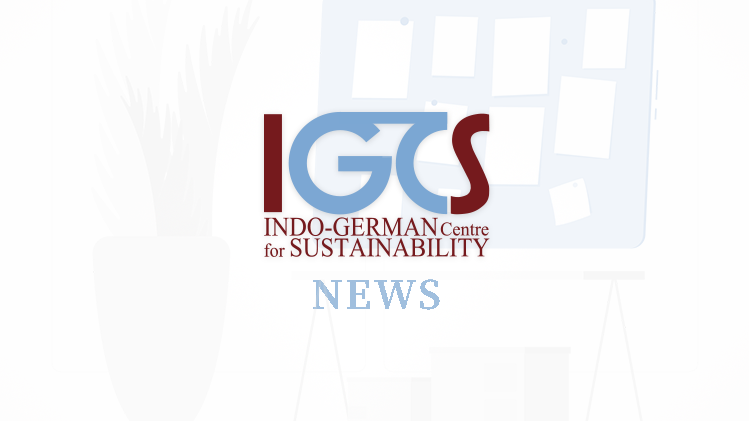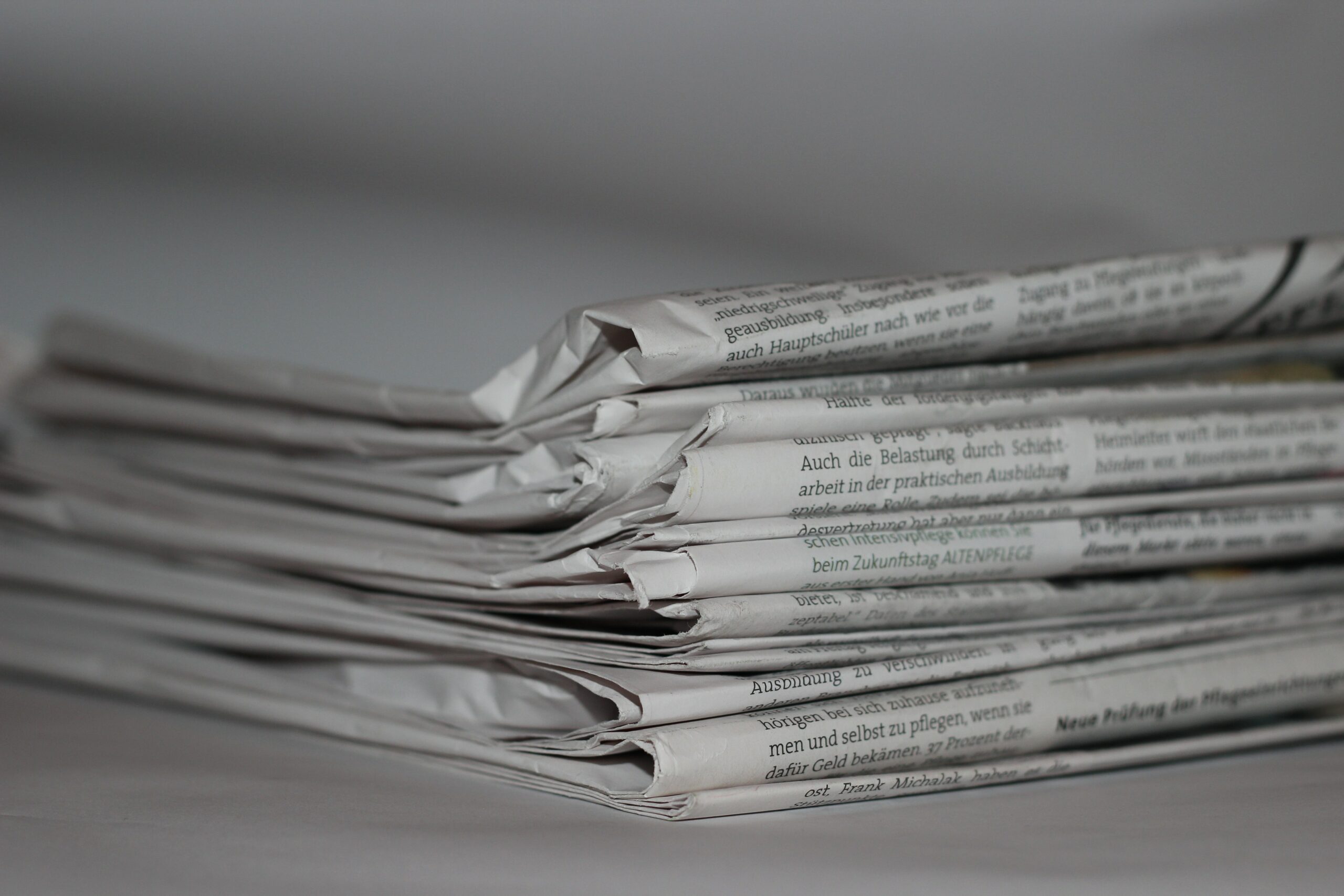Focus Area Landuse introduces ARiSE Chennai – Agroecology, Resilience, Sustainability and Entrepreneurship.
IGCS announces an exciting Focus Area Landuse, Urban/Rural Development project. Funded with Rs. 20 Lakhs under Corporate Social Responsibility (CSR) by our partner company Solverminds Technology Solutions Pvt. Ltd., Chennai. This 18-month-long project addresses one of humanity’s key grand challenges at the interface of rapid urbanization, particularly, how to make food production and consumption more sustainable, secure, just, and resilient.
Together with our partner organisation, Chennai Resilience Centre, we are looking forward to implementing the overarching objective of the project, which is to develop a strategic vision of peri/urban agroecology for the metropolitan region of Chennai that enhances climate risk resilience and sustainable development through an entrepreneurial approach, with the longer-term vision to create an urban food council. This project further builds on previous research in the Peri-Cene project by the IGCS Landuse area, which identified agroecology as a high-potential, sustainable, adaptive development pathway to address climate change and disaster risks.

Furthermore, the workshop “Exploring Food System Transformation in the Chennai Region” laid the seeds for creating a stakeholder network. Additionally, this was built on a research collaboration with Die Agronauten, Freiburg, in Germany, including a co-authored IGCS Research Brief outlining several recommendations.
Contact IGCS’ Dr. Christoph Woiwode (woiwode@igcs-chennai.org) for further information.
About IGCS Cooperation
IGCS is a source of inspiration and skills for proactive sustainability transformation in research and teaching activities. The sustainable use of resources in times of climate change and forthcoming societal challenges is a pressing task. The centre offers valuable human capital and solutions for various global challenges. It equips international talents from German and Indian universities. It collaborates with companies and NGOs to accept this challenge. IGCS welcomes liaison with new partners to tackle the present global challenges together.



